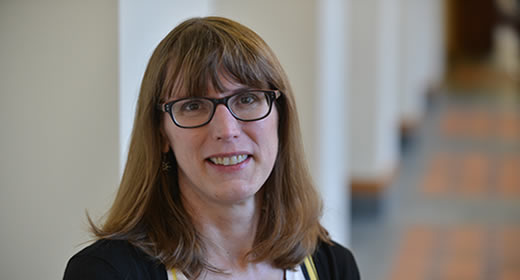
A recent Atlantic article, "When the Government Tells Poor People How to Live," profiles A Better Life, an intensive case management program that requires residents of Worcester, Massachusetts’ state-subsidized public housing system to work or attend school, or risk eviction.
Residents must meet with a family-life coach once a week who assists them with putting together a series of financial, health, education and occupational readiness goals and encourages them to attend free workshops on topics like family planning and PC literacy.
The program was launched in 2011 by Ray Mariano, the former mayor of Worcester and the current head of its Housing Authority. He says that for decades, policymakers have ignored the poor and left residents of public housing dependent on assistance and “feeling entitled to those benefits.”
Kristin Seefeldt criticized the program's prospects as a long-term fix for public housing residents. “Telling people to get a job doesn’t get people out into the labor force. Saying that you must work doesn’t do anything to address any labor-market problems that a particular area might be experiencing. And it doesn’t address people’s long-term prospects for getting jobs,” says Seefeldt in The Atlantic.
She says that people who are cut off from government benefits don’t have adequate labor market prospects, and programs like A Better Life may only help them find work at minimum wage jobs with unpredictable hours.
Kristin Seefeldt is an assistant professor of public policy at the Gerald R. Ford School of Public Policy and an assistant professor of social work at the University of Michigan’s School of Social Work. She is the author of Working After Welfare (W.E. Upjohn Institute Press) which discusses employment advancement and work-family balance challenges as experienced by former welfare recipients.
--Story by Afton Branche (MPP '17)
